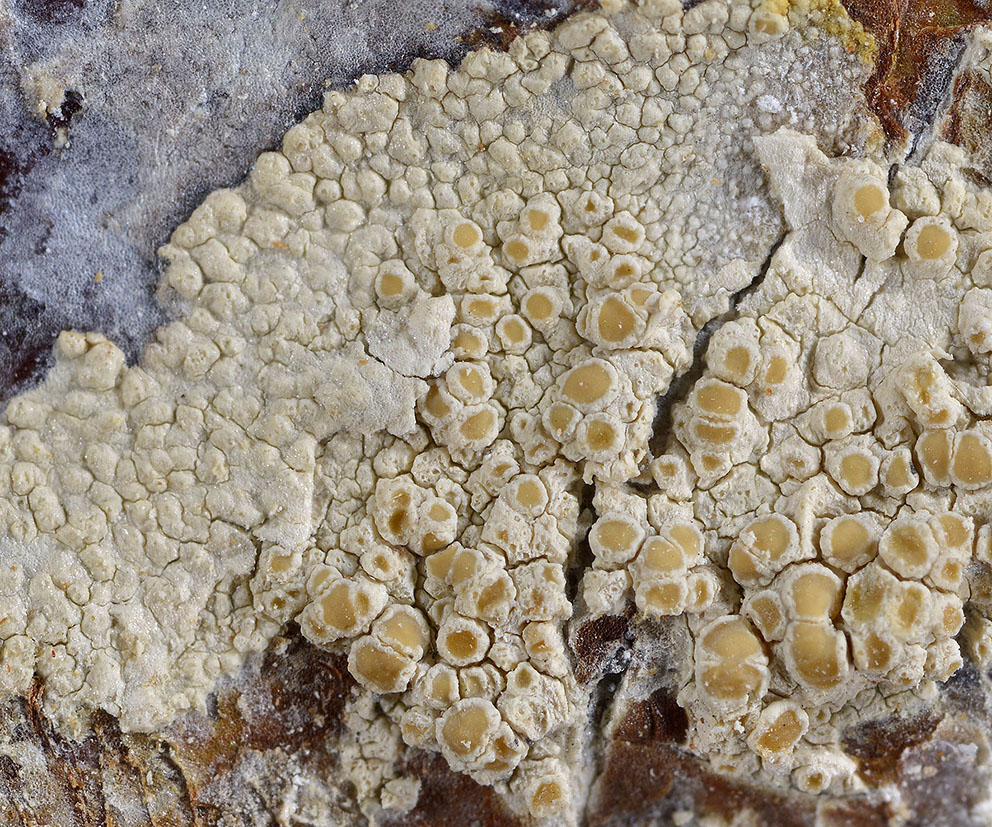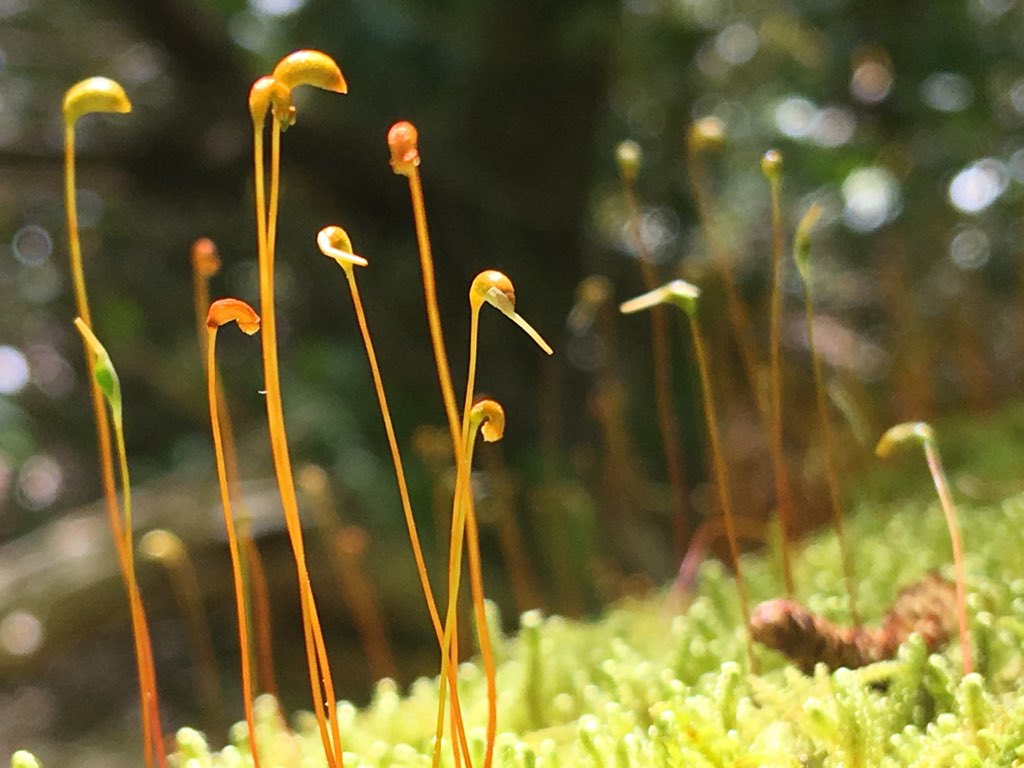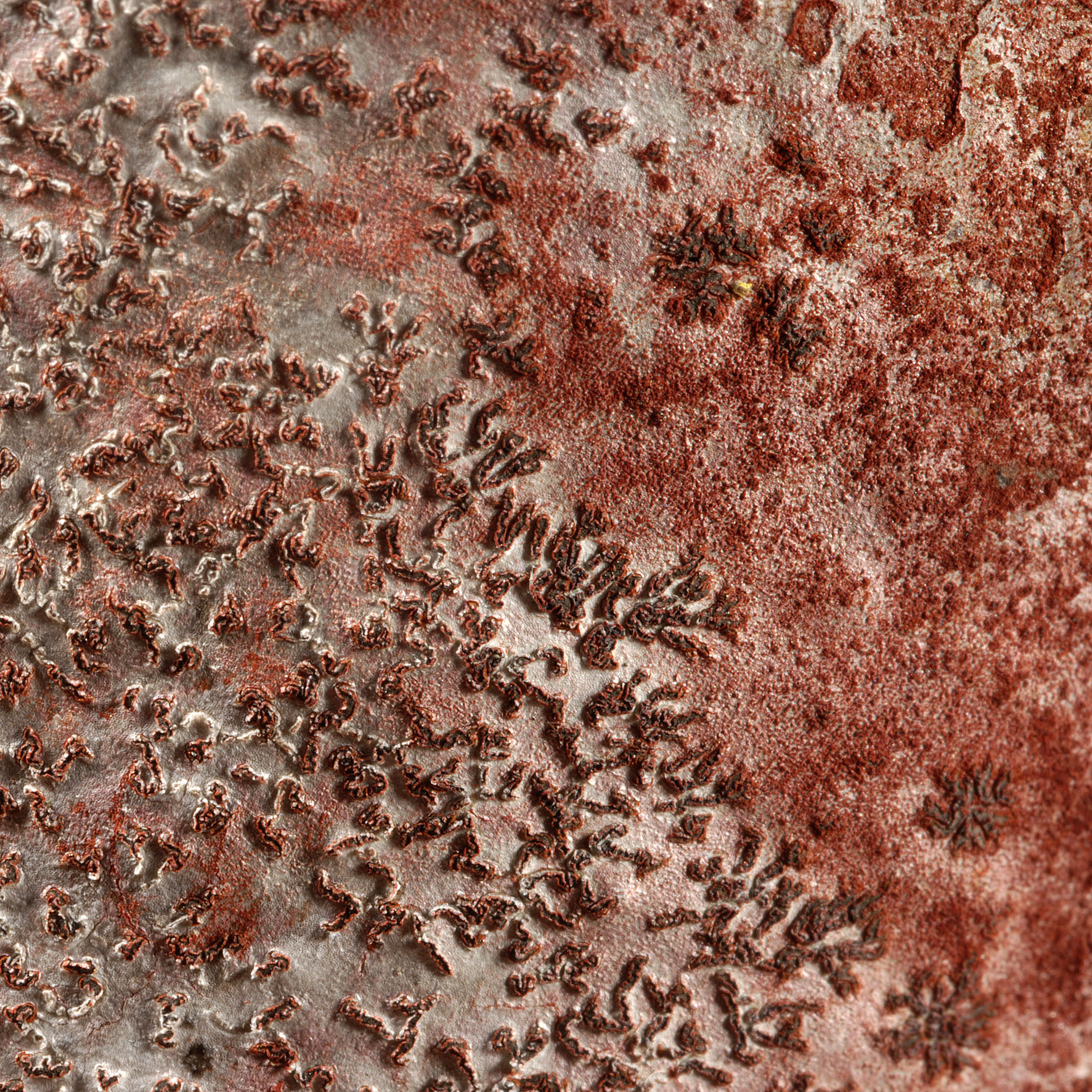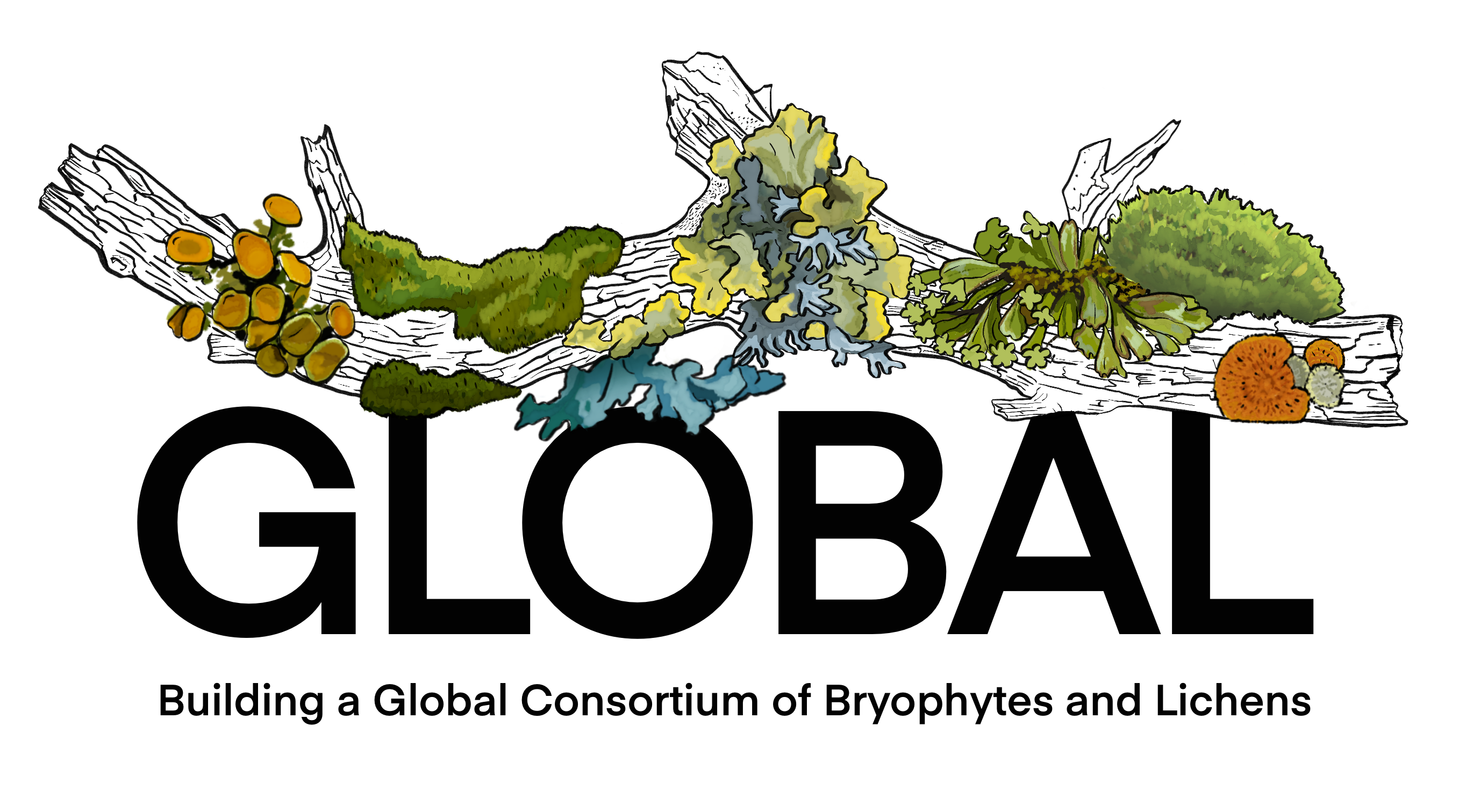Welcome to the GLOBAL Bryophyte & Lichen TCN Project Website!
“Building a Global Consortium of Bryophytes and Lichens: Keystones of Cryptobiotic Communities,” also known as the GLOBAL Bryophyte & Lichen Thematic Collections Network (TCN), is a collaboration of 25 universities, museums, and gardens located across the United States and funded by the National Science Foundation (NSF). This project will integrate information about bryophytes and lichens, with each other and with their commensal organisms, on a worldwide scale. The GLOBAL herbaria will image and digitize almost 1.2 million bryophyte and lichen herbarium specimens while providing students with professional training in digitization and collections management. Imaging the physical specimens of these organisms and integrating data from comparative genomics, nucleotide sequence data, and other resources is unprecedented on this scale. Digitized data will be shared freely online, making these specimens available to researchers, teachers, students, and communities across the world.
Photos By: Laura Briscoe2,6,11, Jessica Budke4,8,13,15, Frank Bungartz1,3,7,10,16, Patrick Sweeney5,12,17, Todd Wildhelm9,14
GLOBAL Progress *As of September 30, 2024

547,001 Specimens Imaged

443,779 Specimens Transcribed

402,194 Specimens Georeferenced
Photos By: Frank Bungartz1,3, Margaret Oliver2
Read More:
GLOBAL News
- Join us for Fall 2023 WeDigBio – October 12-15!Dear community scientists! Be a part of a global effort to digitize centuries of data about life on Earth! Organisms may include ferns, fungi, mosses, lichens, insects, and mammals. Participants will have an opportunity to meet scientists and join in behind-the-scenes tours or talks about the significance of the scientific collections! WeDigBio will be held online daily from Thursday, October
Read More - Welcome to our new PEN Partners!I am pleased to announce that the GLOBAL Bryophyte TCN will be joined by our first Partner to Existing Network (PEN), which includes the Bishop Museum (BISH), National Tropical Botanical Garden (PTBG), and the University of Hawai’i (HAW)! Our new collaborators expect to begin digitization work in June and will add even more unique specimens to the Bryophyte and Lichen
Read More - WeDigBio Spring 2023 – Thank you, Volunteers!Thank you to all the wonderful volunteers – and GLOBAL team members – who participated in our GLOBAL WeDigBio events last week! Together you helped to transcribe data from almost 2,500 specimens and add barcodes to over 8,000! Join us again next October! If you’re interested in helping out before then, consider joining our Friday transcription group (register here). Recordings of
Read More - Join us for Spring 2023 WeDigBio – April 13-16!Dear community scientists! Be a part of a global effort to digitize centuries of data about life on Earth! Organisms may include ferns, fungi, mosses, lichens, insects, and mammals. Participants will have an opportunity to meet scientists and join in behind-the-scenes tours or talks about the significance of the scientific collections! WeDigBio will be held online daily from Thursday, April 13th – Sunday,
Read More - WeDigBio Fall 2022 – Thank you!Thank you to everyone who participated in our GLOBAL WeDigBio events! Both virtual and in-person teams really turned out and made a huge impact for our project. Together you helped to transcribe data from over 2,700 specimens and add barcodes to over 6,000! Join us again next April! If you’re interested in helping out before then, consider joining our Friday
Read More

